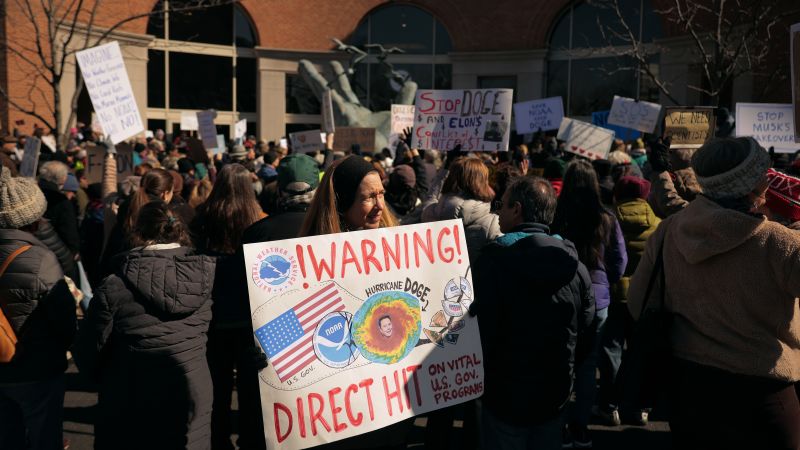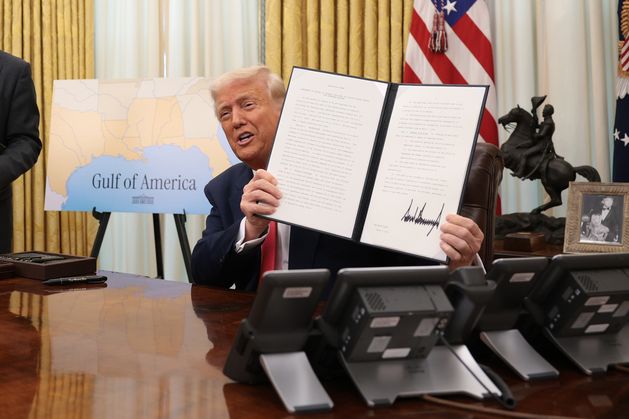Congress could soon spell the end of employment arbitration—but it’s not all good news for American workers

It’s not hard to see why. Americans believe in the right to trial by jury and are suspicious of having decisions about their legal claims ruled upon by a stranger with little legal accountability. These suspicions are amplified by a series of reports from plaintiffs’ lawyers reporting that employees win only about half as often in arbitration as in federal court.
A recent study conducted over two years, involving 14,654 court and 811 Arbitration cases, challenges these notions. We carried out this research in collaboration with Harry C. Katz and David Sherwyn from Cornell University and Thomas A. Kochan from MIT. We found that:
Employees are much more likely to win in arbitration than in court
Studies finding arbitration inferior look at only the 3% of federal court employment cases that make it to trial. They ignore the 97% of cases that are decided by pre-trial motion—of which 98% are won by employers. When you consider all cases, employees win only 1% of the time in federal court.
Decisions by pre-trial motion are much less common in arbitration. Only 40% of American Arbitration Association employment cases are decided this way. Of the remaining 60%, employees win 31% of the time. This means that employees win 19% of all AAA employment cases. That’s 19 times as many as in court.
More employees can afford to arbitrate
Litigation is expensive. By even the most conservative estimate, an employee needs at least $40,000 in damages for an attorney to take their case.
Arbitration is much less expensive. Thirty-eight percent (38%) of employees who prevail in AAA arbitration had damages of less than $40,000. This represents much better access to justice for employees.
Arbitration is faster than litigation
For an employee who is out of work, paying the rent and feeding their families is difficult. The average employment case in court takes almost three years. During this time, employees and their families miss meals, need health care, and even become homeless.
Arbitration is much faster. The average AAA employment case takes an average of 14.8 months. Receiving justice faster is a great benefit to employees and their families.
Employees receive higher awards in court
Employees who are victorious in court generally receive higher awards than in arbitration. The average damages awarded by courts in civil rights cases is $406,000. In fair labor standards act cases, average damages are $123,000. In arbitration, the average damages are only $39,000 and $24,000.
Research has not clarified why judicial awards are larger. It may be because only high-value cases are worth pursuing to jury verdicts. Or arbitrators may be less willing to award emotional distress damages to employees.
Taken as a whole, our research shows that arbitration is not perfect, but offers employees many benefits. Arbitration gives employees a system that more employees can afford, in which they win more often, and receive justice faster.
Arbitration should be preserved to continue these benefits and reformed to correct its shortcomings. The core reforms needed include requiring arbitration agreements to be voluntary and having strong mandatory due process standards.
Unfortunately, the proposed Arbitration Fairness Act, which has virtually universal support of Congressional Democrats, would require all arbitration agreements to be made after the employment dispute arises. An agreement to arbitrate made at any other time would be automatically unenforceable, even if it were completely voluntary and fair.
In practice, this would mean the end of employment arbitration because the parties hardly ever agree to arbitrate once the dispute arises. Less than 4% of AAA employment cases involved post-dispute agreements.
Eliminating employment arbitration helps no one. Employers have invested in arbitration systems that resolve disputes faster and less expensively than litigation. Having them eliminated would be an expensive burden. Employees would lose a system that offers justice to the many who cannot afford to take their disputes to court and in which they win more often.
Both sides would be better off if we kept arbitration available and made the reforms needed to address its weaknesses.
Lewis L. Maltby is the president of the National Workrights Institute and a former director of employment rights for the ACLU.
Theodore J. St. Antoine is the Degan Professor Emeritus of Law at the University of Michigan and a former president of the National Academy of Arbitrators.
More must-read commentary published by Fortune:
The opinions expressed in Fortune.com commentary pieces are solely the views of their authors and do not necessarily reflect the opinions and beliefs of Fortune.
Related
Workers will fight if American car producers move to take…
Auto-sector union leaders struck a defiant tone at an emergency meeting in London, Ont., on Thursday, vowing to continue standing up against American President
H-1B Visa 2025: How U.S. government’s push to prioritize American…
The H-1B visa is one of the most sought-after work permits for foreign professionals aiming to work in the United States. It allows skilled workers to secure jo
British defence jobs and skills will keep us safe, says…
In his statement to parliament last week, Keir Starmer pledged £13.4bn more spending on defence from 2027, rising to 3% of GDP in the next parliament. This add
US employers cut more jobs last month than any February…
CNN — The Trump administration’s massive federal cuts and swelling feelings of econo










